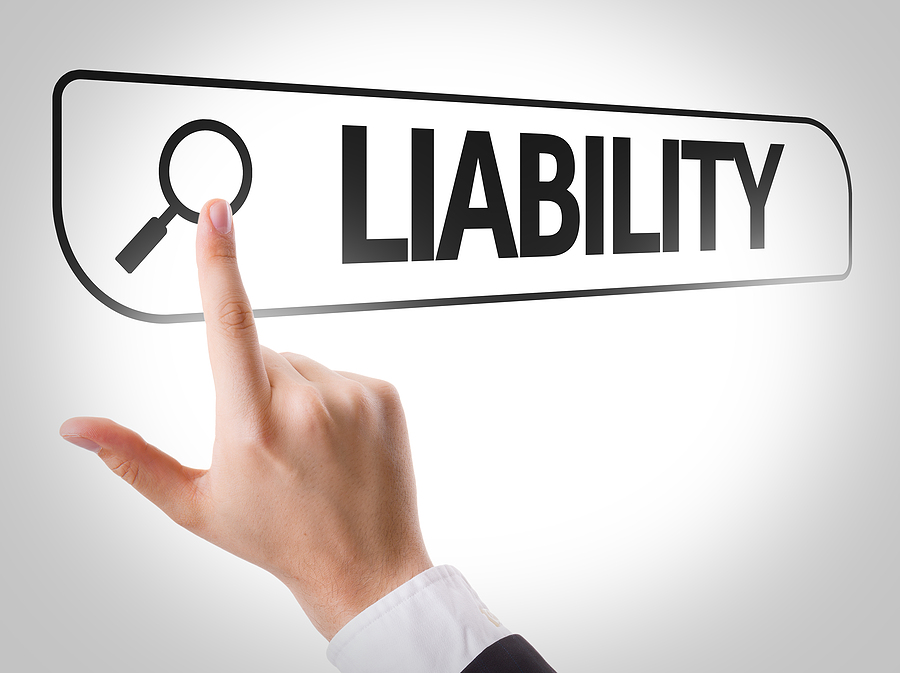Are Liability Waivers Foolproof?
 Michael Babboni
Premises Liability
This means that whoever owns and manages a property—whether that is a homeowner or a commercial property owner—must take reasonable precautions to ensure the safety of people who enter the property. For homeowners, this may mean putting up “beware of dog” signs, or supervising children when they use the swimming pool. For business owners, it may mean ensuring parking lots are well lit at night or cleaning up a spill in the aisle of a grocery store so that no one slips on it.
Michael Babboni
Premises Liability
This means that whoever owns and manages a property—whether that is a homeowner or a commercial property owner—must take reasonable precautions to ensure the safety of people who enter the property. For homeowners, this may mean putting up “beware of dog” signs, or supervising children when they use the swimming pool. For business owners, it may mean ensuring parking lots are well lit at night or cleaning up a spill in the aisle of a grocery store so that no one slips on it.Where premises liability comes into play is when property owners do not uphold this obligation. If there is an act of negligence, such as a dog on home property unrestrained and attacking someone, or a customer slipping on a spill left ignored on a floor, that was an injury that could have been prevented by due diligence. In those cases, the property owners would be both legally and financially responsible for the injury.
However, there are instances where some property owners, such as those that operate bungee jumping or even skydiving activities, may require customers to sign a liability waiver. In theory, this absolves a property owner of any legal or financial responsibility for harm, but is this as broad, iron-clad, and enforceable as it may initially appear? Let’s take a closer look.
What’s A Liability Waiver?
A liability waiver is a document that a customer is sometimes expected to sign before entering a property and taking part in certain activities. By signing a liability waiver, the customer is now claiming that:
A) The document has been read and understood.
B) Having read and understood the document, the customer legally agrees with whatever the document says.
In this case, what the person signing the waiver is agreeing to is the understanding that the activity about to be undertaken has a specific risk of injury built-in. The person signing is accepting the fact that this risk means possible injury and, should an injury occur, the person signing the document does not hold the property owners responsible and will not take the usual legal action to seek financial compensation for the recovery, disability, or even death that may have occurred.
In other words, liability waivers mean a person signing is renouncing the ability to sue the property managers if harm or death occurs.
Are They Enforceable?
A liability waiver is essentially a contract. Like any contract, there are good contracts that follow both legal and common sense protocols, and there are bad contracts that rely on bad faith and questionable legal interpretation to remain valid.
Liability waivers exist for a reason, and in this regard, when following the intent of such releases, are entirely enforceable. The goal of a liability waiver is to protect a property owner from litigation that may arise through injuries they are not strictly responsible for.
An extreme example is if someone signs a waiver for skydiving, and then while skydiving, gets into a fight with another skydiver, punching each other while in the air. The injured skydiver may claim that the injury was sustained while skydiving and is thus the fault of the skydiving company, suing them. Another example would be someone bungee jumping who insists on using their own rope, rather than provided bungee cord is injured as a result, claiming it was the bungee jumping activity that caused the injury.
In these instances, a liability waiver would protect the company from an unfair and unjust premises liability lawsuit because these injuries fall outside the scope of negligence and into the realm of a liability waiver.
When It Does Not Apply
On the other hand, there are attempts to go far beyond the intended function and spirit of liability waivers. These may not be recognized even when submitted to a court for interpretation. For example, liability waivers should be clear, concise, and specific. Nebulous language that tries to cover as many eventualities as possible and is subject to multiple readings and interpretations, for example, would not be viewed favorably as a legally binding contract.
There is also the issue of negligence itself. If an injury occurs as a direct result of negligence, no liability waiver, regardless of whether it was signed or not, will be honored in a court of law. A skydiving service, for example, that fails to pack a parachute, causing a skydiver to die from leaping out of an airplane, would be subject to a lawsuit, regardless of whether there was a signed waiver or not.
Always Check
This is why it’s crucial for people who have been injured to always seek legal counsel from a personal injury lawyer in St. Petersburg even when a liability waiver has been signed. The presence of a waiver is not always a sign of absolute legal protection, and an experienced attorney can make that determination.
